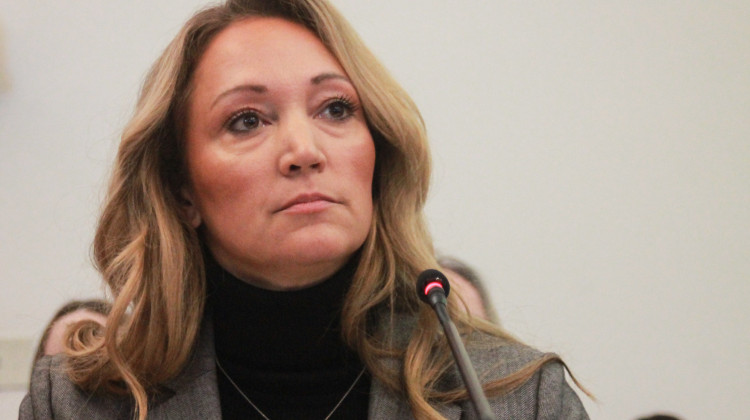
About 34 percent of all U.S. roads are unpaved and the study estimates that road dust makes up 47 percent of all particulate matter pollution in the U.S.
John Sutton/GeographSome communities use wastewater from producing oil and gas to reduce dust on country roads. It’s legal to do so in 13 states, including Indiana. A new study by Penn State University shows the practice is likely putting radium, a cancer-causing chemical, into the air and water.
High amounts of radium have been linked to serious health issues, including bone cancer. When oil and gas wastewater is spread on dirt and gravel roads, radium can wash off into waterways and possibly get into drinking water. It can also get embedded in the road aggregate, dry out, and get kicked up as dust.
The study shows that in Pennsylvania from 2008 to 2014, spreading this oil and gas wastewater on roads released 200 times as much radium as oil and gas spills — and four times as much radium as facilities that treat oil and gas wastewater.
Environmental engineering professor and co-author Bill Burgos says dust off of unpaved roads is a health issue in and of itself — it can cause heart and lung conditions.
About 34 percent of all U.S. roads are unpaved and the study estimates that road dust makes up 47 percent of all particulate matter pollution in the U.S.
“But we don’t want to come up with a solution to the dust problem that might be creating a water ... or maybe even making that dust a more dangerous material,” says Burgos.
 DONATE
DONATE







 Support WFYI. We can't do it without you.
Support WFYI. We can't do it without you.